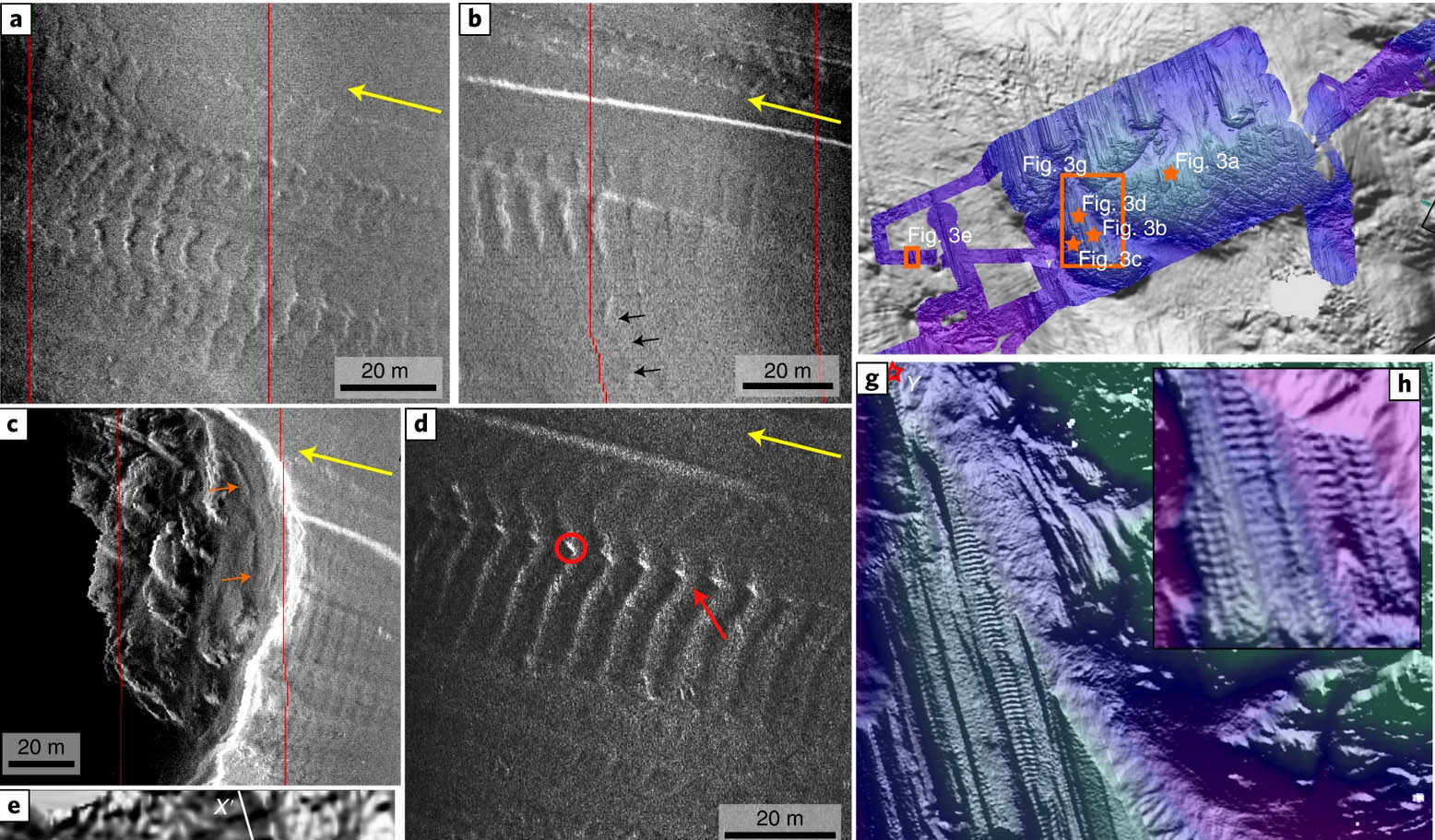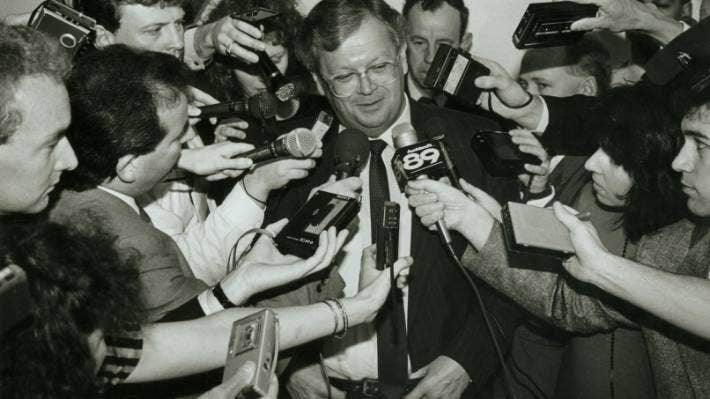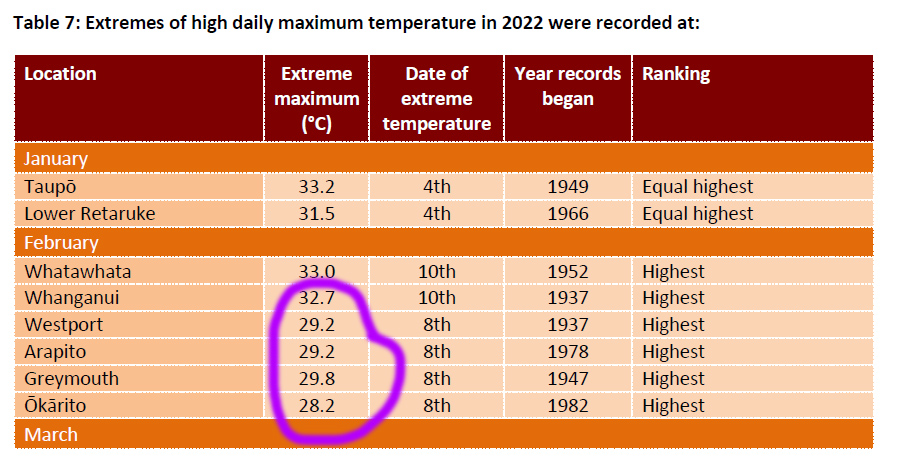May 05, AU Edition
 WAYNE’S WAY
WAYNE’S WAY
Butcher. Cop. And one of the most storied coaches in Rugby League. JENI PAYNE sits down with legendary Brisbane Broncos coach Wayne Bennett – and finds a seemingly quiet man who still has a maxim for every moment and a winning management style all his own
Wayne Bennett is a man of few words. He says he’s been ‘at war’ with the media since his days as a player. He admits he has come a long way from the Blackhall Bacon Factory of his youth. But his achievements and accolades as a coach, footballer and father keep him from ever being described as an ‘unsung hero’.
Recognised as one of the country’s most influential and innovative coaches, Bennett is the longest serving coach of a single club, has one of the best winning percentages in the game, and ranks second in the number of premierships won as a coach at an elite level.
While Bennett is wary of the media and is notorious for the sparsity of his comment, his colleagues, former Broncos players and high-profile commentators are effusive in their praise. He is not just respected, he’s revered.
Allan Langer, former Broncos Captain, told ABC’s Australian Story in May 1999 that Bennett is ‘like a father to all the players and if anyone’s got problems on or off the field, he’ll fix them if he can’.
Steve Waugh, former Test Cricket Captain, writes in the foreword of Bennett’s book, Don’t Die with the Music in You (ABC Books, 2002): ‘Bennett’s greatest strength is the simplicity of his message’. Waugh says he admires the man because ‘he gets the most from his players and what he says actually works’.
Journalists and fans alike respect Bennett for eschewing the fanfare and limelight, in preference for getting the job done with minimal fuss but plenty of gusto.
Bennett began his working career at a bacon plant, biding his time until he gained entrance to the police force. He started as a police cadet in March of 1966 and over the next two decades honed his talent
for recognising strengths and weaknesses in his fellow man.
In 1971, 1972, and 1973 he played Rugby League for Queensland, and in 1971 he was one of only two Queenslanders picked in the Australia side to tour New Zealand.
He began coaching in 1976 at club level, and in 1986 became Queensland Director of Coaching. In 1987 he became a full-time coach with the Canberra Raiders. In his first season with the Raiders, Bennett coached the team to their first-ever Grand Final and was named Coach of the Year.
In 1988 he joined the Brisbane Broncos as their inaugural coach and soon guided the club to five premierships; two World Club Challenge titles; and three pre-season titles: the Panasonic Cup (’89), Lotto Challenge (’91) and Tooheys Challenge (’95).
Bennett was also coach of the successful Queensland State of Origin sides in 1987 and 1988 and was appointed the inaugural Queensland Super League coach for the 1997 Tri-Series against NSW and New Zealand. He made a successful return to State of Origin in 1998, where he guided Queensland to an historic 2-1 series victory over NSW. The Broncos’ success in 1997, winning both the Telstra Cup and the Visa World Club Championship resulted in Bennett winning the title of Super League Coach of the Year.
Then in 1998 he attained the highest accolade, chosen as the Australian coach for the final two Tests of the ANZAC series against New Zealand. Down one-nil, Australia eventually came home victorious thanks to his inspired coaching.
Also in 1998, Bennett made history by becoming the first coach to steer his club, his state and his country to victory in each of their respective series. He was also named Queensland Coach of the Year, Australian Domestic Team Coach of the Year and, on a personal level, Queensland Father of the Year.
Again in 2000 he was named Coach of the Year when the Broncos won both the minor and major premierships.
Success followed in 2001, when Queensland won the State of Origin series thanks in part to Bennett’s remarkable coup of recalling veteran Allan Langer from England. The same year, the Queensland Government added Rugby League to the Queensland Academy of Sport program, with Bennett appointed Director.
His CV might read like that of a champion, but Bennett the man is a complex blend of humility and fortitude. Despite the shy, reclusive image he projects, he is actually an extraordinary communicator who leans on tried and true tenets that hit their mark with his players every time.
‘I collect quotes and clichés,’ the coach tells Investigate. ‘Things like “there’s always room for improvement, it’s the biggest room in the house”. They’re memorable, they motivate you and they’re true.’
Bennett believes the fundamental key to the Broncos record, and his history of coaching success with the club, is its family ethos – even though he doesn’t like the term. ‘It’s overused in this modern society for all kinds of things. I’d say we care about the players and we expect the best out of them. There’s a huge support network at the Broncos. We’ve ridden through a lot of crises, but the difference is the players themselves. We have high standards, and at the end of the day, if a player steps over that line, we let them know.’
As an organisation, the Broncos is strong from the top. Stability of management has been a huge help in getting through rough periods, says Bennett, who makes no secret of his fondness for the game.
‘I love the things that it teaches you. It teaches you to be disciplined. It teaches you not to give in. It teaches you to be taken off, it teaches you to handle disappointment.’
Married with three children, Wayne is first and foremost a family man, but he admits that the choice between family and football can be a tough decision.
‘That’s what happens to players too. Nothing replaces the mates you make. A lot of players go into the game thinking their careers will never end. But they have short career spans – you can’t be in it for 30 years like other professions – and it’s hard to adjust when it all comes to an end.
‘It’s a false world of media, adulation, money, people doing all kinds of things for them. Then when they leave, it takes two or three years to adjust. Family and friends are there for support, but nothing replaces the mates you make in footy.’
 The Broncos boasts a form of exit strategy for players, but Bennett acknowledges, ‘it’s not foolproof. No sport has really done it well’.
The Broncos boasts a form of exit strategy for players, but Bennett acknowledges, ‘it’s not foolproof. No sport has really done it well’.
As for his own exit plans, Bennett is reluctant to think about retirement. ‘As long as I’m enjoying it and getting the results, I’ll keep doing what I’m doing. I don’t look forward to the day that I’m not part of the Broncos.’
His own motivation after 18 years in the job comes from what he calls ‘a fear of failure’. He confesses: ‘I just don’t want to let people down. I try and keep myself fresh and keep an even keel, not up and down with the highs and lows. You need to have balance in your
life too.’
As respite from the game he loves, Bennett escapes Brisbane with his family and heads to the farm in Warwick to ‘chase cattle’ at least one day a week. ‘It’s a good change from city life’,
he says.
Above all, he says his formula for maintaining balance is to ‘not take yourself too seriously’.
Known for his innovative approach to coaching, Bennett says he is not into change for its own sake. ‘I’m not faddish, but if there’s a better way of doing things, let’s investigate it. The one thing I learned from my time as a police officer is that experts employ experts.’
Ten years ago he introduced full-time weight training to the Broncos and now clubs all over the country accept that as part of routine training. Rehabilitation and recovery are currently in the spotlight, particularly with the emphasis on remaining a drug-free sport. But perhaps Bennett is best known for getting the best out of people. ‘I only demand what they’re capable of,’ he explains.
He may be fond of persuasion rather than punishment, but Bennett doesn’t pussy-foot around: ‘Young men want challenges. We are doing them a great disservice if we don’t drive them to be their best. But you can’t go over the top.’
Bennett likens his role to a general manager of a company or an army officer, and admits to being a strong-willed coach, a trait that periodically frustrates diehard fans.
‘We love them and appreciate them, but you can’t try and impress them or change your plan to suit them – or the players. If you start listening to fans, it’s not long before you’re over there sitting with them.’
Likewise, shareholders are not his focus either. ‘I don’t give a sh*t about them. They get rewarded.
The team comes first, then the fans. But I have to make myself happy too and that comes from standing by my decisions and being confident I can make the right ones.’
The Broncos have been scandal-free for a number of seasons, compared with their southern counterparts. Bennett bristles at questions about the causes and the culture that breed the headline-making acts and points out that sexism and delinquent behaviour are not unique to League.
‘Sad to say, but it’s society’s problem, not the NRL’s. It’s a heap of rubbish to say players need counselling or a welfare officer. Alcohol is the biggest problem. Drunkeness. Fights, sexist behaviour, brawls – you never see it happen when they’re sober. It’s become such an issue in the community that the Premier is talking about bringing in curfews to address it.’
One suggestion to the problem of lewd behaviour: more women in administrative and management roles in rugby league.
Another is regular courses on treating women with respect. The theory goes that men who are not adequately socialised in a female environment do not acquire the skills for ‘sexual negotiation’.
They’re pumped up, pissed, and partying – and not au fait with the subtleties of dealing with the opposite sex. They use brute force to satisfy their needs, then they revert to the silence of the code, ‘what goes on on tour, stays on tour’.
But Bennett says: ‘That’s nonsense. These men all have mothers, sisters and friends that are women. They’ve all been educated to senior levels in a system that is full of females.’
His actions speak loudly too. On tours with the Kangaroos, journalists have reported that Bennett is frequently seen in the hotel bar calling ‘last drinks’ for team members, insisting on respectable hours and equally respectable behaviour.
‘You have a choice in life,’ he says. ‘You can sit back and criticise or you can try to make a difference.’
The title of Bennett’s book, Don’t Die With the Music in You, refers to a quote from the American intellectual Oliver Wendell Holmes, who observed that many people spend their lives getting ready to live and then time runs out for them and they die without reaching their potential. In it, Bennett imparts many of the professional and personal guidelines he lives by. The difference between talented players who consistently achieve their peak and those who fail to perform, according to Bennett is attitude. One of the greatest discoveries of our age, he says, is that a man can change his destiny by changing his attitude. He asks readers to ponder these questions to help put work, life and success into perspective:
• Am I allowing my life to be governed by daily activities, or do I choose to live in accordance with good principles? • Am I allowing my life to be governed by outside forces? • Am I so busy putting out fires that I don’t have time to start any? • Do I have important goals and dreams
I am committed to, or am I creatively avoiding commitments by filling by life with daily activities?
Reading his book, it’s impossible not to embrace his cache of clichés, as sage and as practical as any Dr Phil espouses.
‘People try to make our game complex. But however great, it remains a simple game,’ he says. He then attributes to Maxwell Maitz a pearler that could just as easily have been penned solely for Bennett: ‘Nothing is more simple than greatness. Indeed, to be simple is to be great.’







